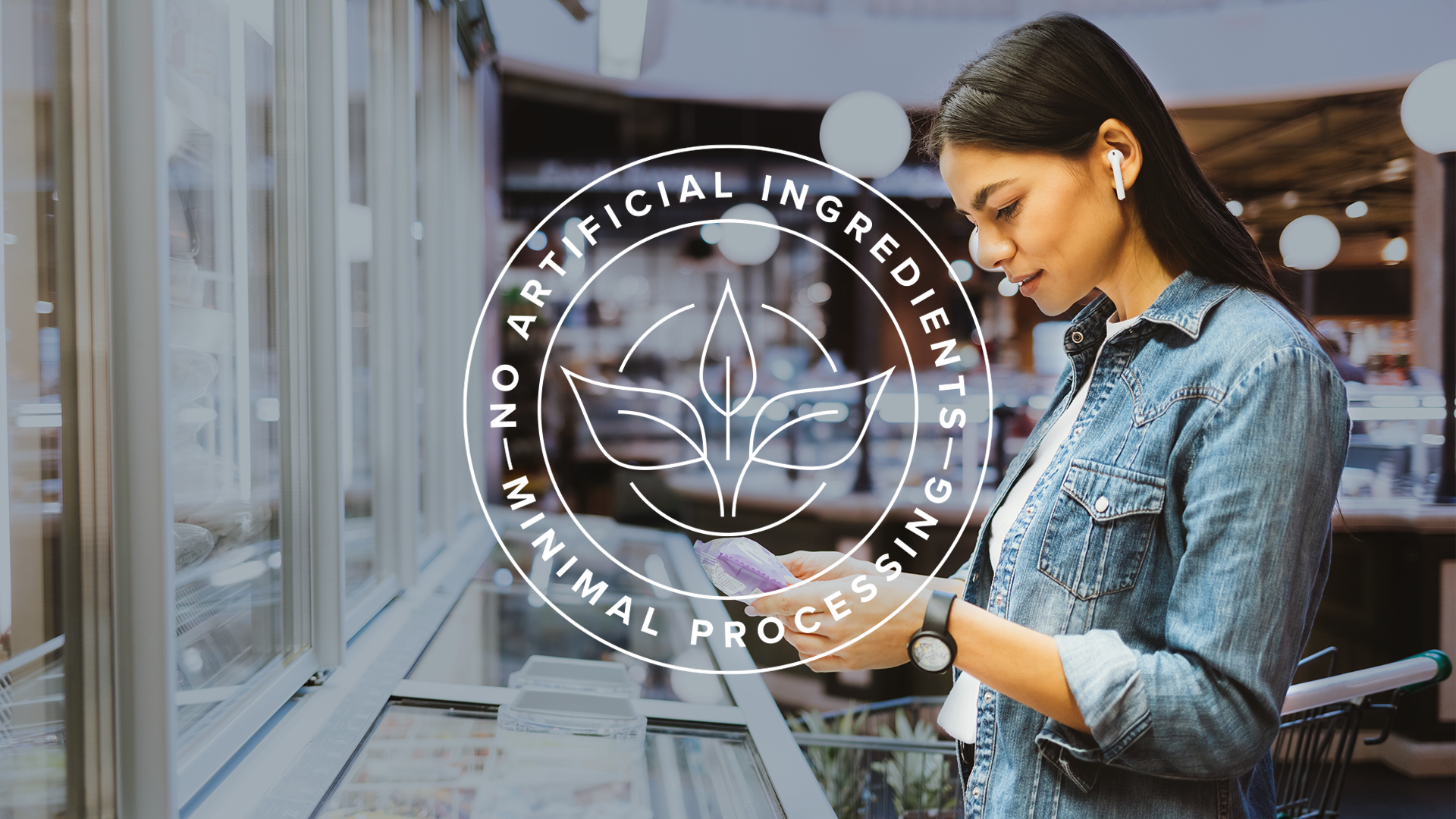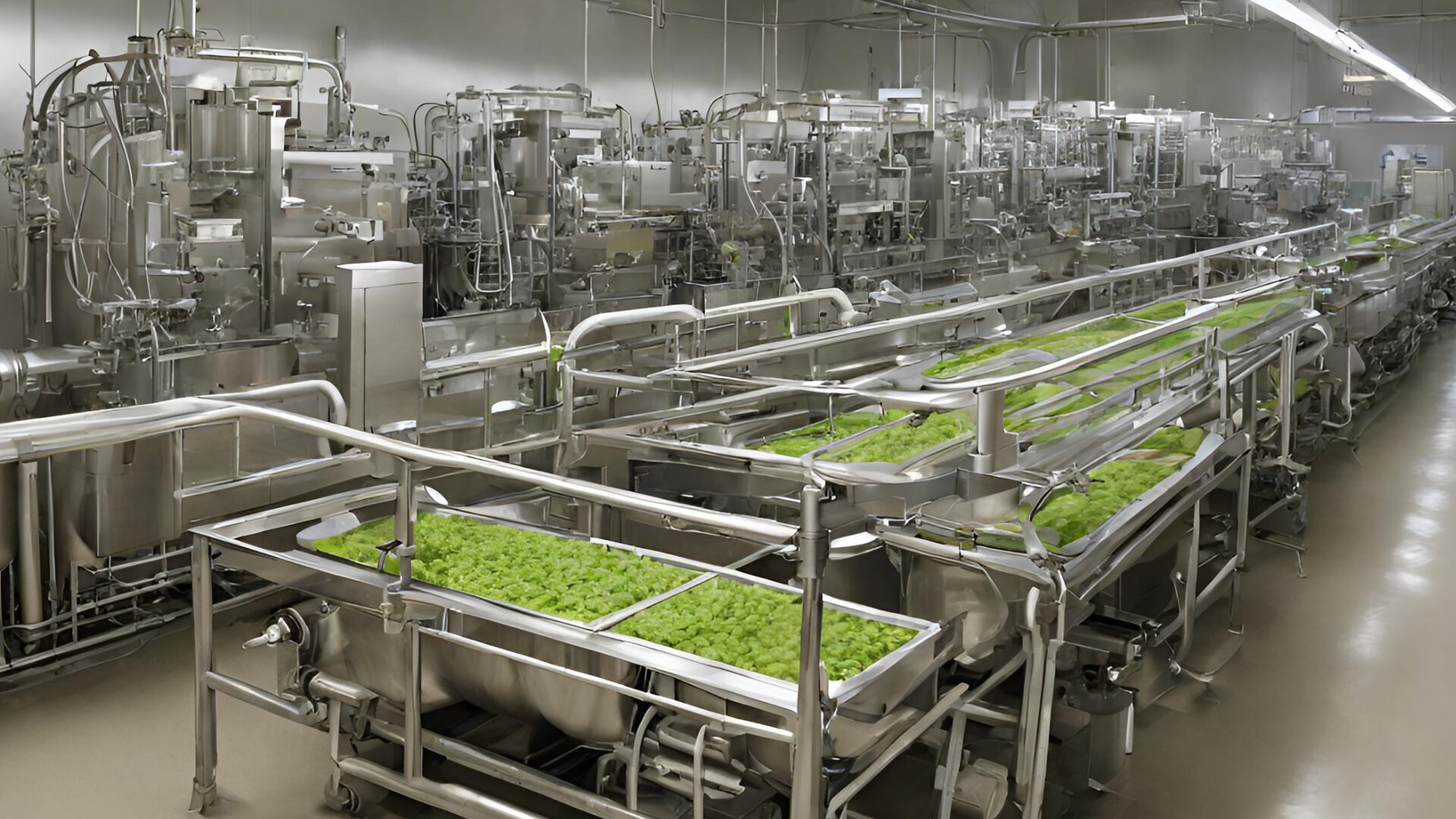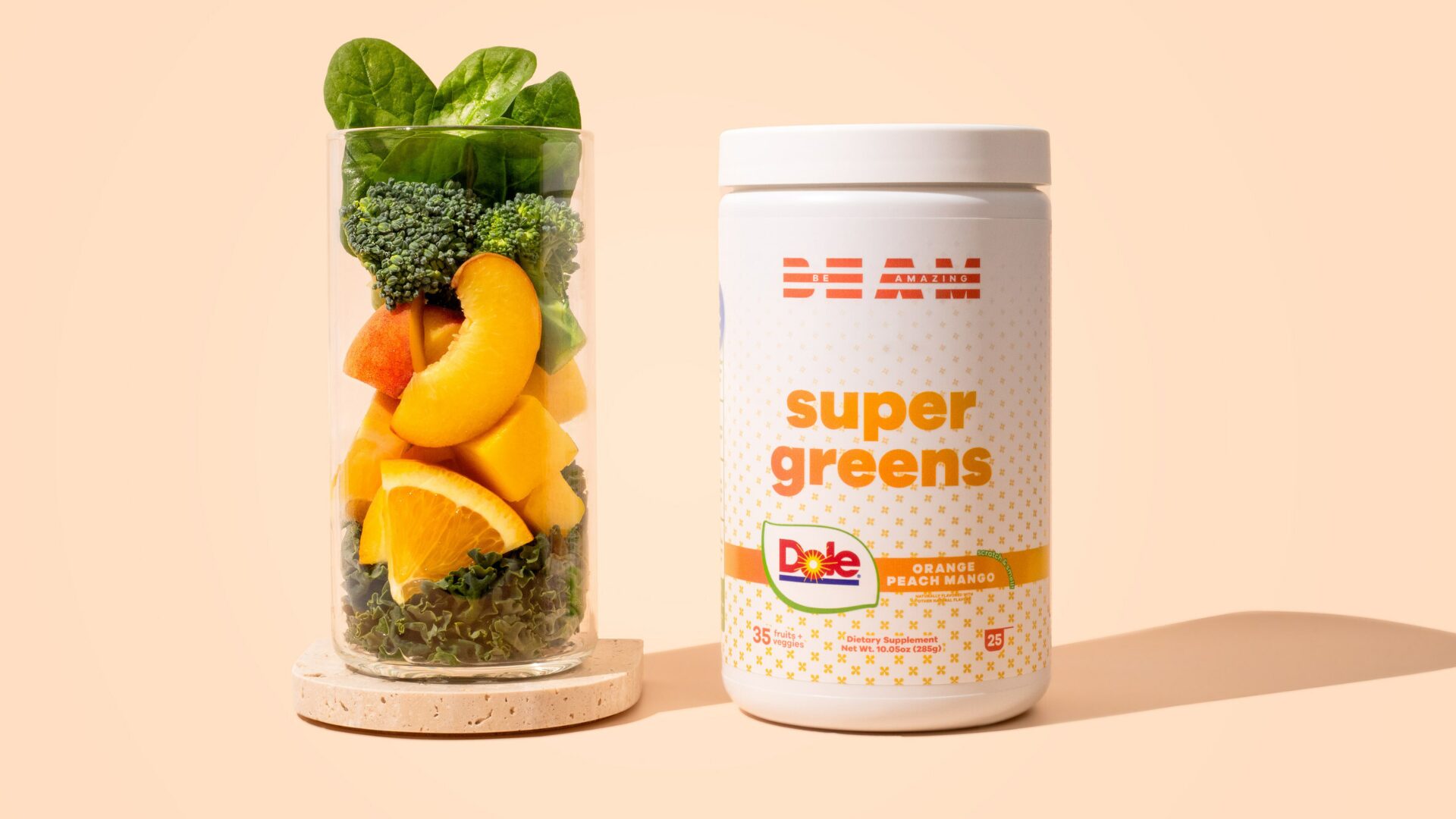As one of the most consumed proteins on the planet, traditional eggs present multiple challenges for their plant-based counterparts to meet. At the same time, the projected size of the alternative egg market continues to rise.
According to a September 2022 report by Data Bridge Market Research, the global plant-based egg market is projected to reach $11.89 billion by 2029, exhibiting a compound annual growth rate of 28%.
Where is the forward momentum coming from? Here are a few noteworthy advancements across this emerging segment.
Baking Applications
Increased consumer interest in plant-based proteins is creating an opportunity for baked goods producers, reported Baking Business. A 2021 Beneo survey found the inclusion of plant-based proteins would support baked goods purchases for 72% of participants.
While most baked goods brands have yet to embrace this trend, some major alt-protein players are making their interests known.
Last week, Puris, best known for supplying key ingredients to plant-based meat producers, launched an egg substitute as the first product under its consumer-facing brand AcreMade. Made of yellow field peas, the shelf-stable product can be used instead of eggs for scrambling and baking.
In September, precision fermentation company Perfect Day formalized its enterprise biology arm called “nth Bio” and its first partner, Onego Bio — a startup that produces animal-free egg whites.
According to VegNews, Onego intends to first commercialize its vegan egg whites as an ingredient — through baking, confectionary, and fitness segments — and then use it as part of its own consumer lines of vegan baking and cooking products.
“Onego Bio is a serious, new player in the field, with top-notch technology skills,” said Ryan Pandya, CEO of Perfect Day, in the same article. “We believe their animal-free egg white products will play a significant role in transforming our food chain.”
Frozen Foods
Consumer demand for convenient breakfast foods ran high throughout the pandemic and the category continues to flourish.
In response, food-tech startup Zero Egg is preparing to release what it claims is the world’s first ready-to-eat frozen plant-based scrambled egg for the foodservice and manufacturing industries.
“Our customers are seeking plant-based egg solutions that are easy for them to use, highly nutritious and delicious,” said Liron Nimrodi, Zero Egg’s CEO & Co-Founder in a company press release. “We created Zero Egg Scoopable Scramble to … meet their needs, as well as the needs of their patrons.”
Plant-based eggs are also seeing more traction at retail in the form of frozen breakfast items, such as heat-and-eat sandwiches from Alpha and Real Good Foods and pre-folded varieties from Just Egg.
Per IRI, dollar sales for the $5.8 million frozen egg substitute category were up 89.4% in the 52 weeks ending October 2, 2022, outpaced by unit sales which increased 120.2% year over year.
Market Hurdles
Despite significant growth pockets, plant-based eggs have a long road ahead to widespread consumer acceptance.
To achieve that goal, new products need to offer a taste, price, nutritional value, and versatility that’s comparable to traditional eggs, Jennifer Estevez, Founder & Managing Partner at Consciously Planted told The Food Institute.
“The nutritional value needs to be equal or close to equal to eggs, especially with regards to protein,” said Estevez. “This is a place where so many cheeses and other products fall short.”
Price parity is also a critical factor.
“If someone buys a fake egg product that is twice as expensive as eggs —— that’s a huge turnoff,” she concluded. “If someone buys a fake egg product that doesn’t work for all of the same uses as an egg, but it is still twice as expensive, that’s even more of a turnoff.”












